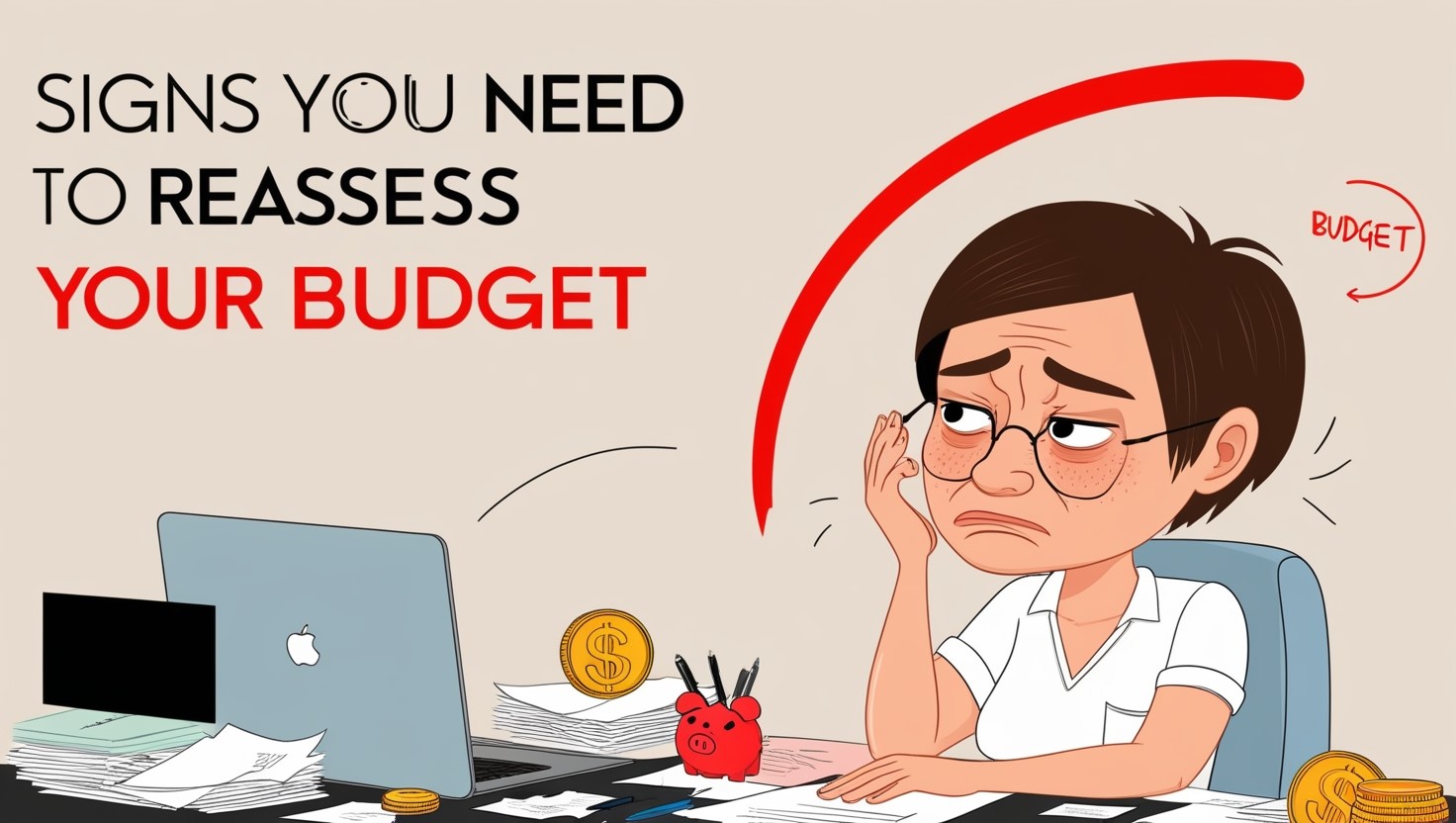“Steve Harvey’s four-account strategy for couples—comprising a joint account for shared expenses, individual accounts for personal spending, a savings account for future goals, and an emergency fund for unexpected situations—provides a balanced approach to financial management. This system promotes financial harmony, transparency, and independence, helping couples achieve both collective and individual financial success.”
Tag: Financial goals
Unlock the Secret to Saving 30% of Your Income Every Month – It’s Easier Than You Think!
Unlocking the secret to saving 30% of your income every month is simpler than it seems. With effective budgeting, mindful spending, and clear financial goals, achieving this level of savings is within your reach. Learn the steps you need to take to start building financial independence today!
5 Signs You Need to Reassess Your Budget
Recognizing when your budget needs reassessment is crucial to staying on track financially. Whether it’s running out of money, increasing debt, or failing to meet savings goals, these are clear signs to review your spending and make necessary adjustments. A flexible budget prepares you for life’s changes and unexpected costs, ensuring long-term financial stability.
Investing 101: Final Thoughts and Next Steps (#10)
Learn how to achieve long-term investment success with strategies like compounding, diversification, dollar-cost averaging, and portfolio rebalancing. Discover the next steps for your financial journey
Investing 101: Managing and Monitoring Your Portfolio (#8)
Effective portfolio management involves regular rebalancing, risk management, tax efficiency, and market monitoring. Learn how to align your investments with your financial goals for long-term success.
Personal Finance 101: Saving and Emergency Funds (#3)
Lesson #3 of Personal Finance 101 focuses on saving and emergency funds. Learn why saving is essential for financial security, how to build an emergency fund, and effective strategies to overcome common challenges like living paycheck to paycheck. Discover how to automate your savings and choose the right savings account to reach your goals.
How to Get Rid of FOMO in Investing
FOMO can lead to risky investment decisions. Learn how to stay disciplined, focus on long-term goals, and avoid emotional investing by sticking to proven strategies like diversification and automation. Mastering your mindset is the key to building long-term wealth and avoiding short-term investment pitfalls.
6 Steps to Personal Financial Planning to Optimize Spending
Effective personal financial planning begins with assessing your current financial situation, setting clear goals, creating a budget, and managing debt. This structured approach helps optimize spending, achieve financial stability, and build long-term wealth.






